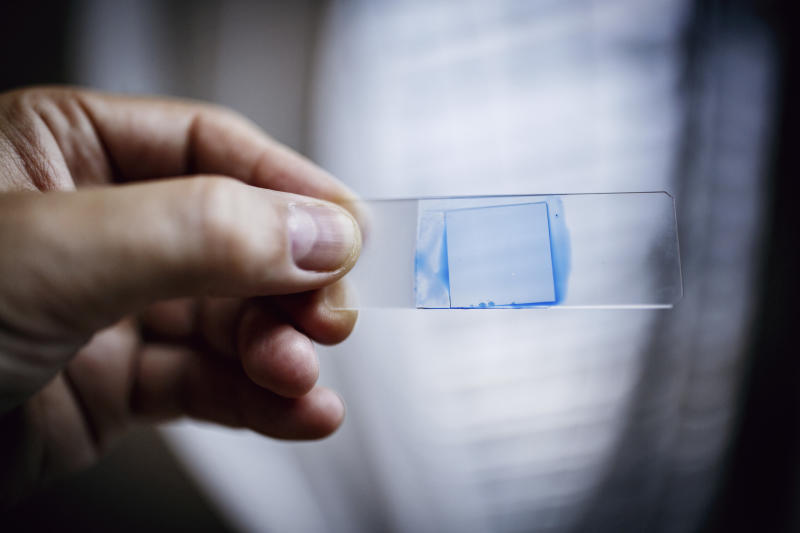Eleven known cases of super fungus Candida auris infections in Singapore since 2012: MOH
Sign up now: Get ST's newsletters delivered to your inbox

Two of the patients found to be infected with the antifungal-resistant germ died while the other nine recovered.
PHOTO: NYTIMES
Follow topic:
SINGAPORE - There were 11 isolated cases of Candida auris infections at public hospitals here since 2012 but no outbreak was reported, a Ministry of Health (MOH) spokesman said on Tuesday (April 9) in response to queries.
Two of the patients found to be infected with the antifungal-resistant germ died while the other nine recovered.
Three patients, including one of the two patients who died, were treated at the Singapore General Hospital between 2012 and 2017, it said on Monday.
The MOH spokesman said: "The cases were immediately isolated and contact tracing conducted by the hospitals had not identified any disease spread. The patients' rooms were thoroughly cleaned and disinfected to remove the fungus."
Healthcare institutions here have measures in place to prevent and control healthcare-related infections, including C. auris, and are required to report any outbreaks, but no outbreak was reported, the spokesman said.
The spokesman added that public hospitals are also required to isolate infected patients when necessary and to adequately disinfect equipment and the environment of the infected patients.
Although C. auris infection is not a legally notifiable disease here, it has been included in an updated list of pathogens for the public health laboratory surveillance programme since last year.
This was done to "enable a coordinated and broad-based response to infectious threats of public health importance," the spokesman said.
C. auris infects individuals who are severely ill, or have compromised immunity, said the spokesman.
"As such individuals are typically hospitalised, it is unsurprising that C. auris cases have been found in hospital settings."
The spokesman added that the risk of infection among healthy individuals is "very low".
The New York Times, in a front page report on Sunday on C. auris, quoted the United States Centres for Disease Control and Prevention as saying that nearly half of the patients who contract the infection die within 90 days.
The fungus can spread through direct contact with an infected person, or through contact with a contaminated environment, equipment or other surfaces.
While C. auris is resistant to some antifungal drugs, it is susceptible to others that can be used to treat it.
The cases seen at SGH were treated with a class of antifungal drugs known as echinocandin and the contaminated environments were disinfected with ultraviolet C rays and hydrogen peroxide vapour.
"Early detection of patients infected with C. auris, as well as good infection prevention and control practices, such as meticulous hand hygiene and environmental disinfection, can prevent its spread," the spokesman said.

